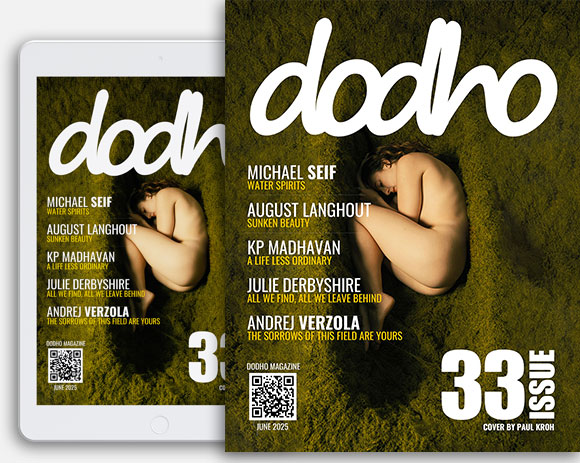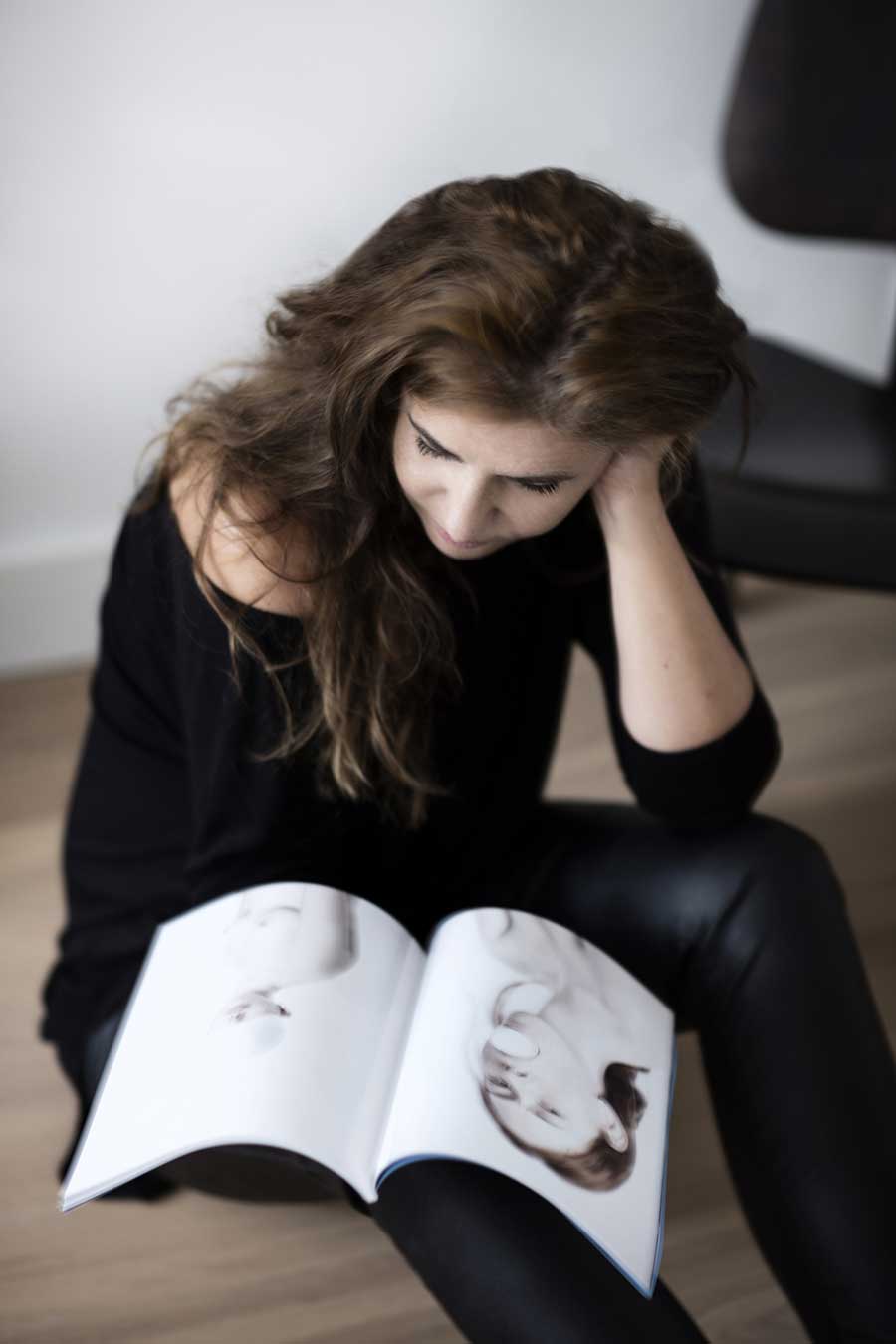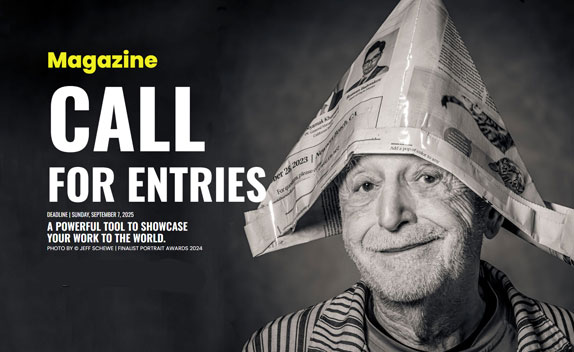After finishing her MBA, Marinka’s studies in Buddhist Psychology guided her philosophical journey and the Photo Academy in Amsterdam stimulated her to channel her concepts and feelings into images.
Marinka’s photography revolves around people and is a constant reflection of her passion and fascination for human nature and the way we live our lives. The photos resonate her feelings about the challenges of living in modern day society. Gender equality is a main theme running through Marinka’s work. She feels strongly about the importance of raising this subject and is currently working on her PhD on misogyny in ancient and modern day culture. Her utmost wish for her photography is the chance to make a difference. By creating awareness and touching people’s feelings, since she believes that an image is indeed stronger than a 1000 words. Ultimately for me it’s about connecting with people, I remember each and every moment that they, for a brief moment, let me into their lives. [Official Website] [Print Version] [Digital Version]
Can you tell a little about yourself?
About myself? I am a happy, enthusiastic, determined, passionate woman. I feel everything deeply and I am sensitive to injustice and inequality. I live in beautiful, vibrant Amsterdam and despite my many travels, I am very happy to call this my home.
How did you get interested in photography?
Photography has always been a part of me, I was 9 years old when my father gave me his old B&W to experiment, and at university I was always ‘the girl with the camera’. Confined by my limited definition of working life, my path first led me via an MBA and a career in the corporate world, keeping my passion for photography solely for my travels.
Fortunately, a couple of years ago I decided to listen to my heart and enroll at the Photo Academy in Amsterdam. There I connected with working conceptually. Photography gives me the opportunity to express my feelings about topics I care deeply about.
What inspired you to take your Silent Voices Series?
Silent Voices is about misogyny. Recent events have given birth to the worrying term rape-culture and has uncovered a deep underbelly of disrespect to women’s bodies. The lenient sentencing of a Stanford rapist went viral “a long sentence would influence his bright future”. In Brazil, a 16 year-old girl was drugged and while unconscious was raped by 31 men, who posted videos online of the rape. “She had done drugs before and had sex before, so what’s the problem”. In the meantime, girls everywhere are told to behave modestly as to avoid trouble. To walk the line. The subliminal message being that molestation and rape is their responsibility. It is not.
Misogyny is of all cultures and of all times. In the Bible -Eve unleashing evil on the world-, in Greek mythology -Zeus punishing human kind by creating Pandora, the first woman (or evil thing for their delight) who, yet again, unleashes evil into the world- and also in philosophy misogyny is rampant, with Aristotle and Socrates leading the way and Jean-Jacques Rousseau , Darwin, Schopenhauer and Nietzsche among others following suit.
The subsequent programming goes so deep, that it is impossible for both men and women to completely recognize its ingrained impact.
I have always felt strongly about the topic, that’s why I am in the early stages of my PhD on misogyny through the ages. That my feelings about this translate into my photography work, is only inevitable.
Three words that describe your works?
Connect. Gender. Idea.
How would you define your general style of photography?
I’ll leave that to other people to define. The less I define myself, the more I am free.
In your opinion, what makes a good conceptual photograph?
The connection of the photographer to the subject and to the concept. In other words, how much of your heart is connected to the story you want to tell and to the people in it.
What do you think makes a memorable project or photograph?
When the viewer’s feelings are touched by an emotion i.e. humor, sadness, understanding etc. combined with a moment of surprise by creativity, i.e. something they never saw before (in that particular way). Again the connection of the photographer to the subject and to the story is key.
How do you know you got the shot you wanted?
I trust my instincts.
Your idea of the perfect composition?
A touch of imperfection.
What would I find in your camera bag?
My camera, my lenses and my passport.
What future plans do you have?
For the immediate future, at the time that you read this, I will be in Iran, working on a photography project about the lives of Iranian women. Their strength and courage are an inspiration to me and I can’t wait to meet them in person.
My long-term future will consist of working on my PhD on misogyny alongside continuous photography projects on women’s issues, both abroad and at home.
Finally, one last question. What opinion do you have of our print edition?
An inspirational, high quality publication. The way my work was presented in this feature was excellent.







